All the work we do is connected to the root of behaviour in the context of the multitude of systems we live in. Behind this is a passion to help people be self-aware and to access useful data. Instead of trying to slice aspects of themselves, the situation or context away, we work with them. These influences are always there, shaping and guiding how we live whether we like it or not. We would rather work with them because we care about helping people think better. Neuroplasticity and self-awareness are the best tools we have for stepping out of our own narratives and changing the story. We care about doing the real work, so we will be honest about what it takes. It requires looking hard at what is true. Development means harnessing all these data sources, seeing the connections, embracing the ambiguity of what we can and can't know, and becoming more resourceful through the process.
Our projects reflect our mission.
"How can we be self-aware of how self-aware we are?"
This sounds laughable, like a joke question.
Yet self-awareness is the root of any real understanding of ourselves, our behaviour and of those around us. If we want acceptance or change, we need real awareness. Most of us claim high self-awareness but how true is this?
Self-awareness isn't a personality test or a 360. Although they can help, self-awareness connects to the interpersonal and intrapersonal, the conscious and unconscious, our emotions, physiology and cognition. We are on a mission to help people access these internal and external states, so the answer to the initial question doesn't sound like a joke.
Imagine living in a world where people knew themselves better and could be more cognisant of how they go about in the world. If we build cultures of self-aware individuals, we can build team awareness, organisational awareness and social awareness. This is the fuel behind our work.




